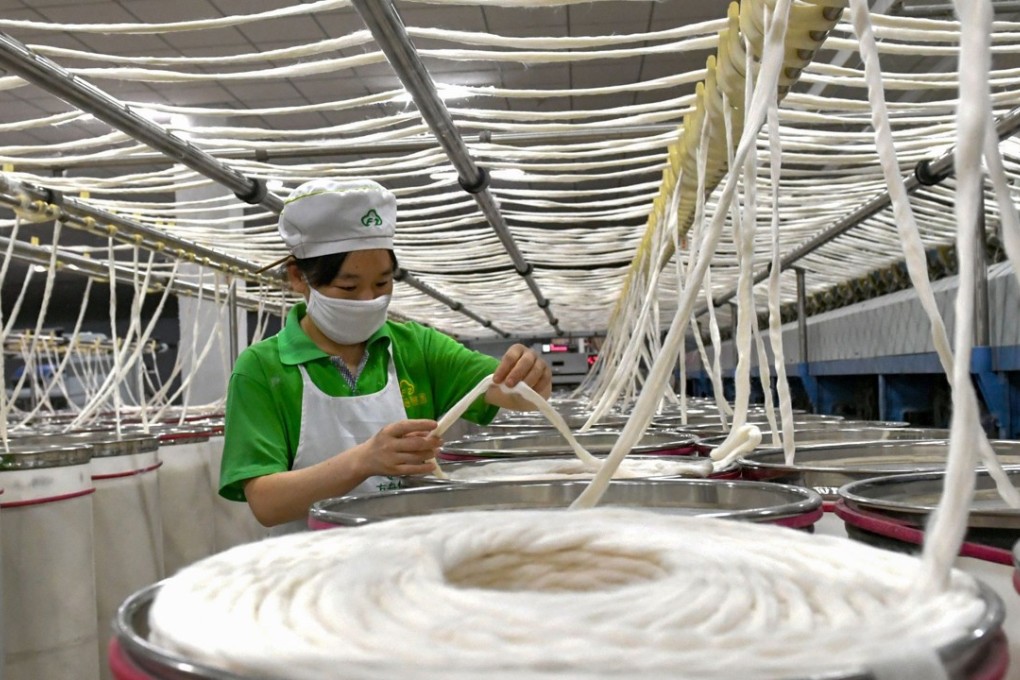Uncertainty over the trade war likely to weigh on China growth, investments next year, analysts say
- GDP growth could drop to its lowest levels in almost three decades in 2019 as the effects of escalating trade tensions filter down

An escalation of the trade war with the United States could knock China’s economic growth by as much as a full percentage point in the coming year, the most in almost three decades, economists and market watchers have warned.
Uncertainty over the dispute between the world’s two largest economies, and China’s policy reactions to shore up an already slowing economy, has been at the forefront of investment bank analysts’ minds as they unveiled their outlooks for 2019 in recent days.
Many forecasters underestimated just how deeply the trade fight would weigh on Chinese stocks as the Shanghai Composite Index fell into bear territory, making it the worst performer among the world’s major markets this year.
As a result, a lot is riding on the upcoming meeting between US President Donald Trump and Chinese President Xi Jinping when they get together at the G20 Summit on December 1. It is particularly important to investors seeking to navigate the murky waters ahead.
“While domestic deleveraging related policy tightening has helped to slow economic growth in 2018, higher tariffs and trade-war related uncertainties will likely be the main headwind for China in 2019,” Tao Wang, UBS’ chief China economist, said in a research report.
If the trade war further escalates, GDP growth in China could slip to 5.5 per cent next year, UBS said.